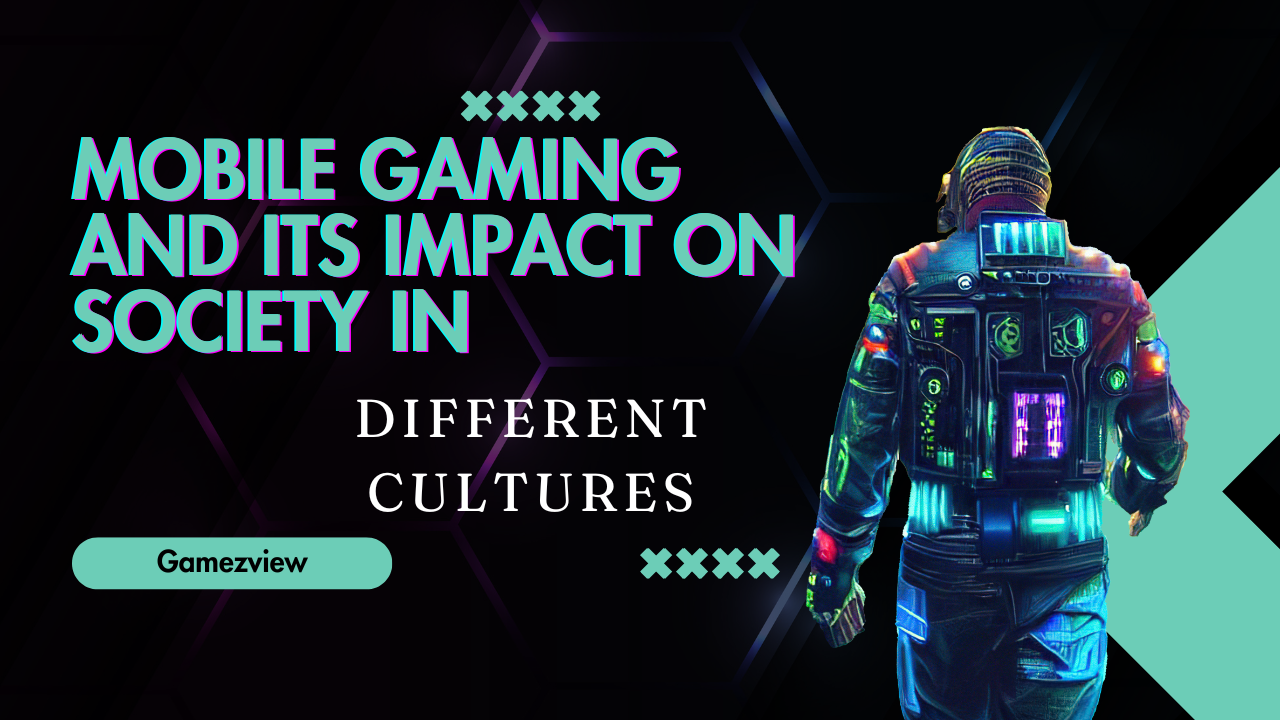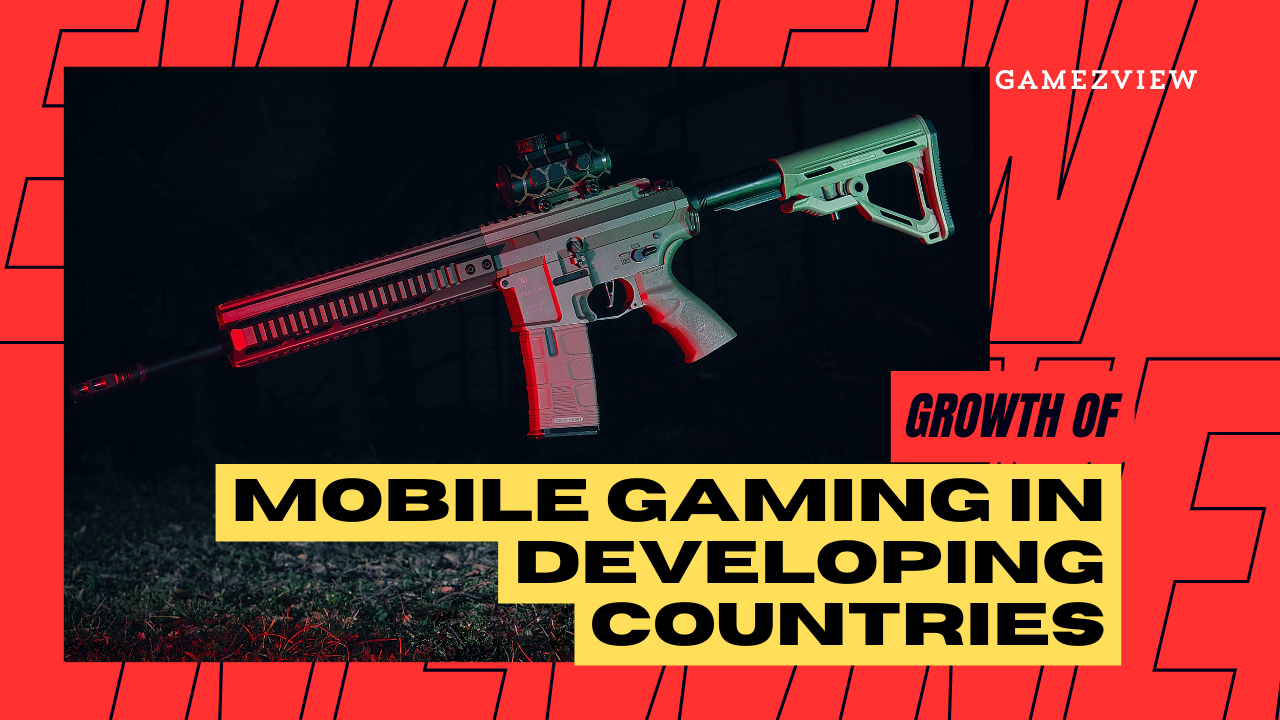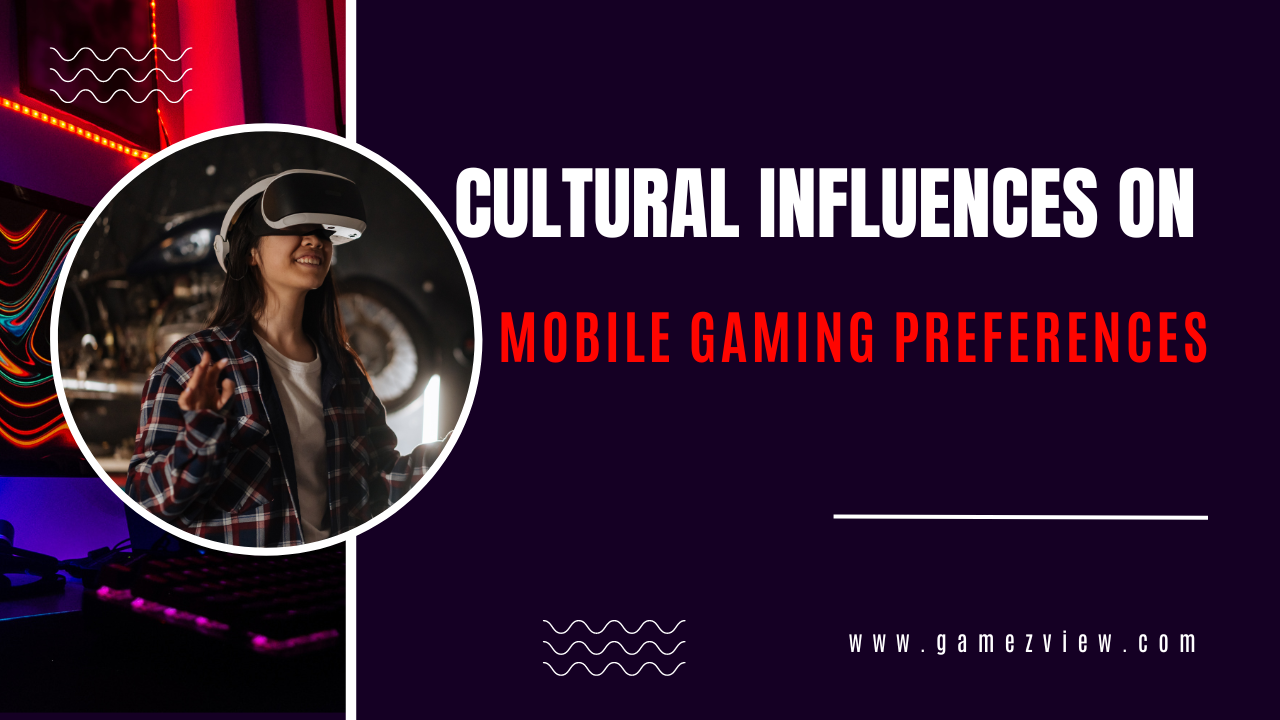Voice acting in video games has evolved significantly, moving from silent protagonists and text-heavy narratives to compelling performances that captivate audiences. Just like movies and television, gaming now relies heavily on the talents of voice actors to bring characters to life. From memorable lines to nuanced quirks, voice acting has left its mark on gaming history. In this exploration, we delve into the role of voice acting, its evolution, and the remarkable actors who have become household names in the gaming community.
The Rise of Voice Acting in Gaming
The shift from text to voice in video games marked a pivotal change in storytelling. Initially limited by technical and budget constraints, advancements in technology allowed for full voiceovers, enhancing immersion and emotional engagement. Games like Final Fantasy X and Metal Gear Solid led the way, demonstrating the power of voice acting to deepen characters and narratives.
A Silent Past
In gaming’s early days, text-based adventures provided limited character interactions. Players had to imagine voices for on-screen dialogue.
A Growing Narrative Need
As games evolved with 3D graphics and complex stories, players sought experiences akin to movies or books, where every character had a voice.
First Forays
Initial attempts at voice acting were rudimentary due to technological limitations. Nevertheless, these efforts marked a new era for storytelling in games.
The Pioneers of Gaming Voiceover
The Impact of AI on Voice Acting in Gaming
Artificial intelligence (AI) is revolutionizing voice acting in gaming, offering both opportunities and challenges. AI can streamline the voiceover process, allowing for dynamic dialogue that adapts to player choices. However, concerns arise regarding AI’s ability to replicate the emotional depth of human actors.
The Game Changers: Famous Voice Actors in Gaming
Certain voice actors have become synonymous with iconic gaming characters. Mark Hamill’s portrayal of The Joker, Jennifer Hale’s Commander Shepard, and Nolan North’s Nathan Drake are just a few examples of performances that have left a lasting impact on players.
The Future of Voice Acting in Gaming
Voice acting will continue to be crucial as technology advances and storytelling in games becomes more immersive. AI-driven performances, virtual reality, and interactive experiences will shape the future of voice acting, offering new opportunities for talent.
Conclusion: The Legendary Voices that Stand the Test of Time
Voice acting has grown from humble beginnings to become an integral part of game development. As technology evolves, voice actors will play a vital role in creating immersive and engaging experiences for players.
Bridging Cultures Through Voice Acting
Voice acting plays a crucial role in globalizing the gaming industry, conveying cultural nuances and fostering understanding among diverse audiences.
Ethical Considerations in the Evolution of Voice Acting
As technology advances, ethical considerations regarding the use of AI in voice acting become increasingly important. Balancing innovation with fair treatment for human actors will be essential for preserving the artistry of voice acting.
The Early Trailblazers
Some voice actors recognized the potential of gaming early on and contributed to the first games with voices. These pioneers laid the groundwork for the significant impact voice acting would have on gaming.
Icons of the 8-bit and 16-bit Eras
During the eras of 8-bit and 16-bit consoles, iconic voices emerged, often delivered by multitalented developers. While these actors may not have received recognition they deserved, their work resonated with players.
Bridging the Divide
The introduction of CD-based consoles like the PlayStation and Sega CD marked a critical turning point for voice acting in gaming. These consoles allowed for richer, more nuanced performances and longer scripts.
Voice Acting Goes Mainstream
With more powerful hardware and the inclusion of Hollywood talent, gaming’s audio landscape became vibrant. Voice actors began to gain recognition comparable to on-screen stars.
Critical Roles and Memorable Performances
Some voice actors cemented their legacy in gaming with performances that captivated players and elevated characters to new heights of popularity.
A New Respect for the Craft
Voice acting in gaming transitioned from being seen as a side job for actors to being recognized as an essential part of the gaming experience. Studios invested in professional recording studios, appreciating voice acting as integral to storytelling.
The Voice Acting Process
Behind the Mic
A glimpse into the life of a voice actor in gaming, from auditions to final recording sessions.
The Challenges of Characterization
Portraying characters solely with a voice presents unique challenges. Voice actors must convey emotion, personality, and a sense of a full life lived, all without the aid of facial expressions or body language.
Adapting to Player Choice
In games with branching narratives, voice actors record multiple versions of the same lines to match different outcomes. This requires a deep understanding of character motivations and the ability to adjust performances accordingly.
Collaboration with Developers
Voice actors work closely with developers and directors to understand the context of their lines and how they fit into the game. This collaboration ensures the story is told in a cohesive and engaging manner.
The Most Famous Voices in Gaming
The Trailblazers
These voices defined gaming experiences for many players, establishing the art of voice acting in gaming.
Cultivating Persona and Performance
Renowned voice actors have honed their craft, creating performances that stand out in the industry.
Icons of Gaming Characters
Certain actors have become inseparable from the characters they portray, leaving an indelible mark on gaming.
The Impact of Voice Acting on Gaming
Immersion and Emotional Involvement
Well-crafted voice acting draws players into the narrative, eliciting genuine emotional responses.
Elevating Storytelling in Games
Strong writing combined with powerful voice acting turns a good story into an unforgettable one.
The Ripple Effect
Voice acting influences various aspects of gaming, from character design to marketing, shaping how games are remembered and received.
The Symbiosis of Voice Acting and Game Development
Creating a Character Together
Developers and voice actors collaborate to give characters their look and voice, creating a cohesive whole.
Engineering the Perfect Sound
Technical aspects of voice acting, from sound design to voice modulation, are crucial for creating compelling performances.
The Iterative Process
Voice acting often involves multiple rounds of recording and review to ensure the final product represents the character and the game’s emotional beats accurately.
Innovation and Future Trends in Gaming Voiceover
Technological Advancements
AI and vocal synthesis are changing voice acting, raising questions about the future role of human actors.
Expanding Horizons
Voice acting extends beyond traditional gaming into virtual reality and interactive experiences.
The Next Generation of Talent
Aspiring voice actors have more opportunities to break into the industry, shaping the future of voice acting in gaming.
The Legendary Voices that Stand the Test of Time
Voice acting has grown from humble beginnings to become an integral part of game development. As technology evolves, voice actors will continue to play a vital role in creating immersive and engaging experiences for players.
The Legacy Continues
As the gaming industry evolves, so does the role of voice actors within it. New technologies like augmented reality (AR) and virtual reality (VR) present fresh challenges and opportunities for voice talent. These actors now guide players through physically engaging environments, blending traditional skills with adaptability to new storytelling formats. Their work extends beyond the game itself, influencing player engagement and overall game success. Looking ahead, the intersection of voice acting and game development promises continuous innovation, marked by performances that ignite players’ imaginations.
The Future of Voice Acting in Gaming
The future of voice acting in gaming appears vibrant and dynamic, mirroring the ever-evolving gaming landscape. Technological advancements push boundaries, from nuanced AI-driven performances to voice integration in AR and VR settings. The role of voice actors becomes even more pivotal as games become more interactive and narratives more complex. This evolution opens avenues for performers, from leveraging motion capture technology to participating in live, interactive gaming experiences. Moreover, the globalization of the gaming industry necessitates multilingual voice talent, capable of resonating across cultural boundaries. In essence, the future promises an expanding universe of opportunities for voice actors, fueled by innovation, creative storytelling, and players’ desire for immersive gaming experiences.
Bridging Cultures Through Voice Acting
As gaming embraces globalization, voice acting plays a crucial role in bridging cultures. Voice actors convey cultural nuances, fostering understanding among diverse audiences. This cultural exchange turns games into a universal medium of storytelling. Additionally, the demand for localization highlights the importance of versatile voice talent, ensuring narratives resonate with local audiences. Voice acting not only enhances gaming experiences but also contributes to the global success of video games.
Ethical Considerations in the Evolution of Voice Acting
The rapid advancement of vocal synthesis and AI raises ethical questions regarding voice acting’s future. Balancing innovation with fair treatment for human actors is essential for preserving the artistry of voice acting. Ensuring advancements complement human talent rather than replacing it will be critical. This evolving landscape challenges the industry to redefine the collaboration between humans and machines, seeking a harmonious synergy that respects the artistry of voice acting while exploring new creative possibilities.
Continuing Ethical Considerations in the Evolution of Voice Acting
As technology progresses, the ethical considerations surrounding voice acting in gaming become increasingly complex. The potential for AI to replicate human voices raises concerns about copyright, consent, and the future job market for human actors. The industry must navigate these issues carefully, ensuring that technological advancements complement human talent rather than replacing it entirely. Striking a balance between innovation and ethical responsibility is crucial to maintaining the integrity and authenticity of voice acting in gaming.
The Ever-Evolving Landscape of Voice Acting in Gaming
Voice acting in gaming has undergone a remarkable transformation, from its humble beginnings to becoming an integral part of the gaming experience. As technology advances and storytelling in games becomes more immersive, the role of voice actors continues to evolve. From pioneering performances to the rise of AI-driven voice synthesis, the future of voice acting in gaming holds endless possibilities. It is a testament to the talent, dedication, and creativity of voice actors that they continue to breathe life into virtual worlds, enriching the gaming experience for players worldwide. As we look ahead, the journey of voice acting in gaming promises to be one of innovation, collaboration, and boundless creativity, shaping the future of interactive entertainment.



